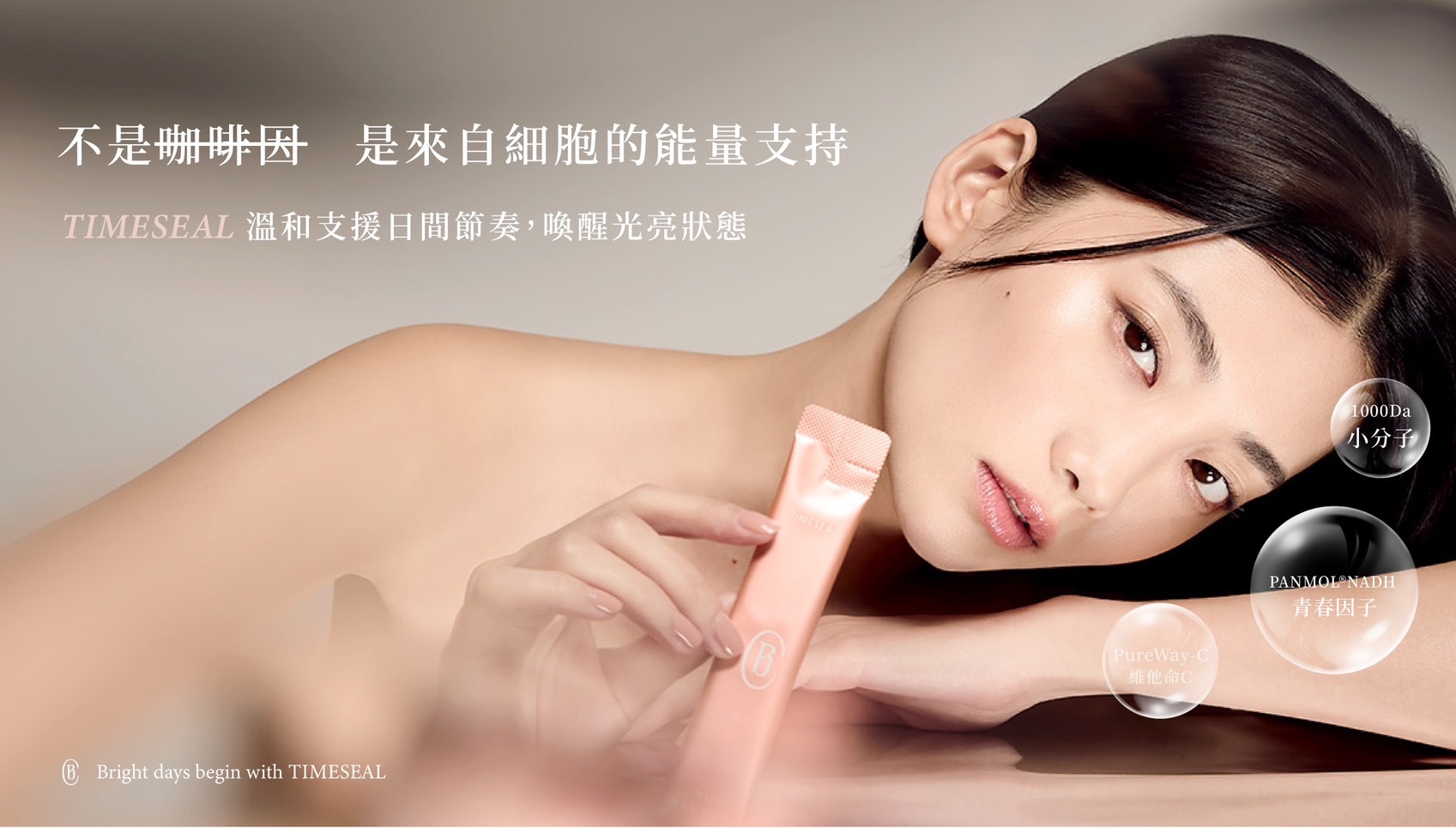For allergy season, Japan turns to surgical masks
過敏季節 日本人戴上手術口罩
For allergy season Japan turns to surgical masks:
Everybody, it seems, is wearing them.
似乎每個人都戴了口罩。
On trains, on the street, at parties. It is impossible to go anywhere in Japan this time of year and not notice -- the Japanese love surgical masks and wear them just about everywhere they go.
在列車上、街道上、派對中,每年的這個時節,去到日本的任何地方,肯定會注意到,日本人很愛戴手術口罩,而且幾乎到每個地方都戴著口罩。
This year's craze: the N95 model by 3M, a thick and nearly impregnable face mask with a noticeable nose groove and extra breathing space. The heavier-than-normal mask runs up to about 3,000 yen ($30) at stores.
今年的熱潮是3M的N95口罩,這種口罩很厚,幾乎堅不可摧;在鼻子的部位,有很明顯的溝槽並留有額外的呼吸空間。這款比一般口罩還重的口罩,在商店的售價已經漲到一個3000日圓(30美元)左右。
There are other specialty types.
而且有其他特殊專用的類型。
Masks made for people with glasses. Masks designed not to smudge makeup. Kids' masks, with colorful cartoon characters such as Hello Kitty or Mickey Mouse. Models even advertise them in TV commercials -- in one, a tall woman walks gracefully through the city, her bright mask shining at night.
有專為眼鏡族設計的口罩、為化煙燻妝的人設計的口罩,另外還有兒童專用口罩,上面有色彩繽紛的卡通人物,像是Hello Kitty或米老鼠。甚至有模特兒在電視廣告中推銷口罩,其中一支廣告裡,一位身材高朓的女性,優雅地在城市中漫步,她的口罩在夜間閃閃發亮。
Japan in the spring gets a double whammy of influenza germs and cedar pollen -- leading to runny noses, watery eyes and coughing. The masks are primarily to protect against the pollen. But, perhaps even more importantly, they are a show of consideration for others by demonstrating that, if you are ill in public, at least you are trying to keep your germs to yourself.
日本的春季時分,會受到流感病菌和西洋杉花粉雙重夾擊,導致流鼻涕、流眼淚和咳嗽等症狀。戴口罩主要是為了隔離花粉,不過更重要的或許是,口罩代表你在示範怎麼為別人著想;如果你病了,出現在公眾場合,至少你試著把病菌留給自己。
"Japan is fastidious to the point of being obsessive," said Kyle Cleveland, a cultural sociologist who teaches at Temple University's Tokyo campus.
在天普大學東京校區任教的文化社會學家凱爾克里夫蘭說:「日本人過度講究到令人有點困擾。」
Not all agree masks do that, particularly regarding the flu.
不是每個人都同意口罩有效,尤其是就流感而言。
Tom Lomax, a British surgeon at the Tokyo Medical and Surgical Clinic, does not recommend masks to his patients, who are mostly Western. He said the value of such a prevention strategy is difficult to measure because most information comes from companies that are marketing the product.
東京醫學外科醫院的英國醫生湯姆洛麥克斯,並不建議病人使用口罩,他的病患大部分是西方人。他表示,這種預防措施是否有用,很難衡量得出來,因為大部分的資訊,都是來自於銷售口罩的公司。
"Rather than being based on any hard scientific evidence, it's passed into the culture," Lomax said. "I think it reflects people's awareness that they're part of a group."
洛麥克斯說:「這逐漸牽涉到文化層面,而非什麼有力的科學證據。我想這反映出,人們意識到自己是團體中的一份子。」


 留言列表
留言列表


